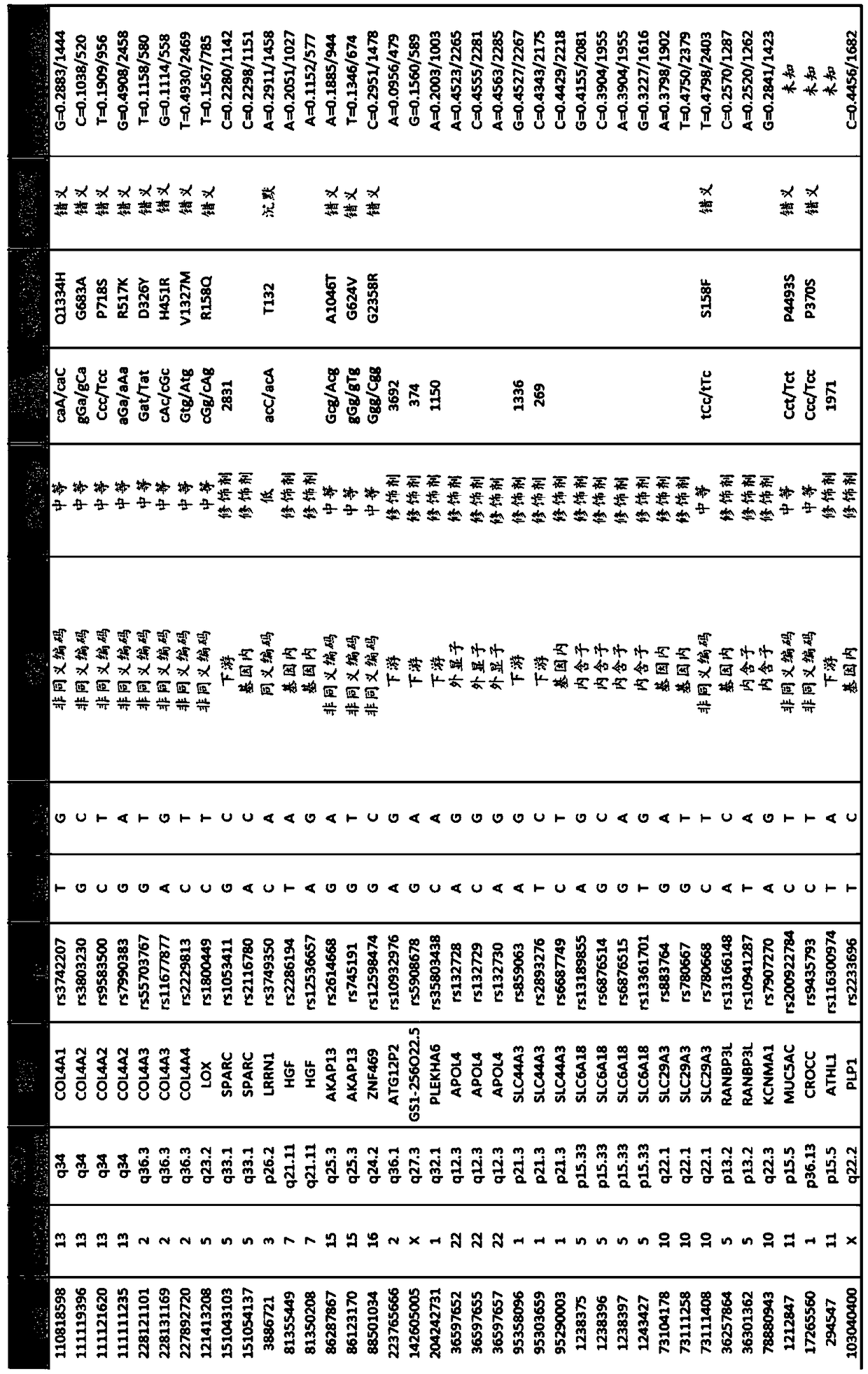Methods for the treatment of corneal dystrophies
A technology for malnutrition and cornea, applied in biochemical equipment and methods, tissue culture, pharmaceutical formulations, etc., can solve problems such as limited use of surgical operations, shortage of availability, etc.
- Summary
- Abstract
- Description
- Claims
- Application Information
AI Technical Summary
Problems solved by technology
Method used
Image
Examples
Embodiment
[0124] The following examples are presented to illustrate various embodiments of the invention. It should be understood that such examples do not represent, and are not intended to represent, exclusive embodiments; such examples are provided merely to illustrate the practice of the invention.
[0125] Mutation Analysis: Analysis of mutations associated with various corneal dystrophies to determine which are complete missense mutations or in-frame insertions / deletions. This analysis indicated that for most K12 and TGFBI diseases, nonsense or frameshift insertion / deletion mutations were not associated with disease. Furthermore, analysis of the exome variant database confirmed that any naturally occurring inadvertent, frameshift insertion / deletion, or splice-site mutations reported to be found in these genes were not associated with disease in these individuals.
[0126] Mutation analysis revealed the following corneal dystrophy genes to be suitable for targeted nuclease gene th...
PUM
 Login to View More
Login to View More Abstract
Description
Claims
Application Information
 Login to View More
Login to View More - R&D
- Intellectual Property
- Life Sciences
- Materials
- Tech Scout
- Unparalleled Data Quality
- Higher Quality Content
- 60% Fewer Hallucinations
Browse by: Latest US Patents, China's latest patents, Technical Efficacy Thesaurus, Application Domain, Technology Topic, Popular Technical Reports.
© 2025 PatSnap. All rights reserved.Legal|Privacy policy|Modern Slavery Act Transparency Statement|Sitemap|About US| Contact US: help@patsnap.com



